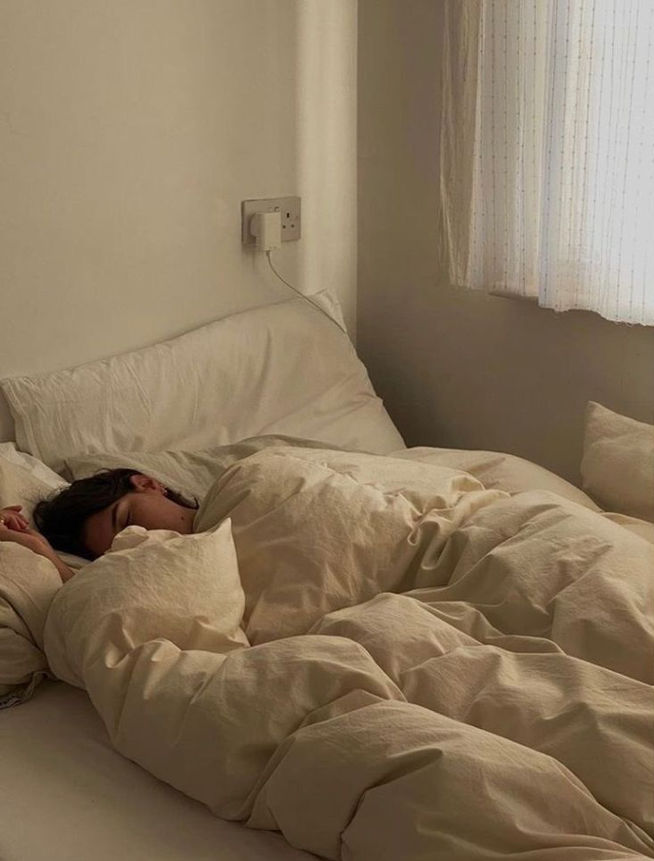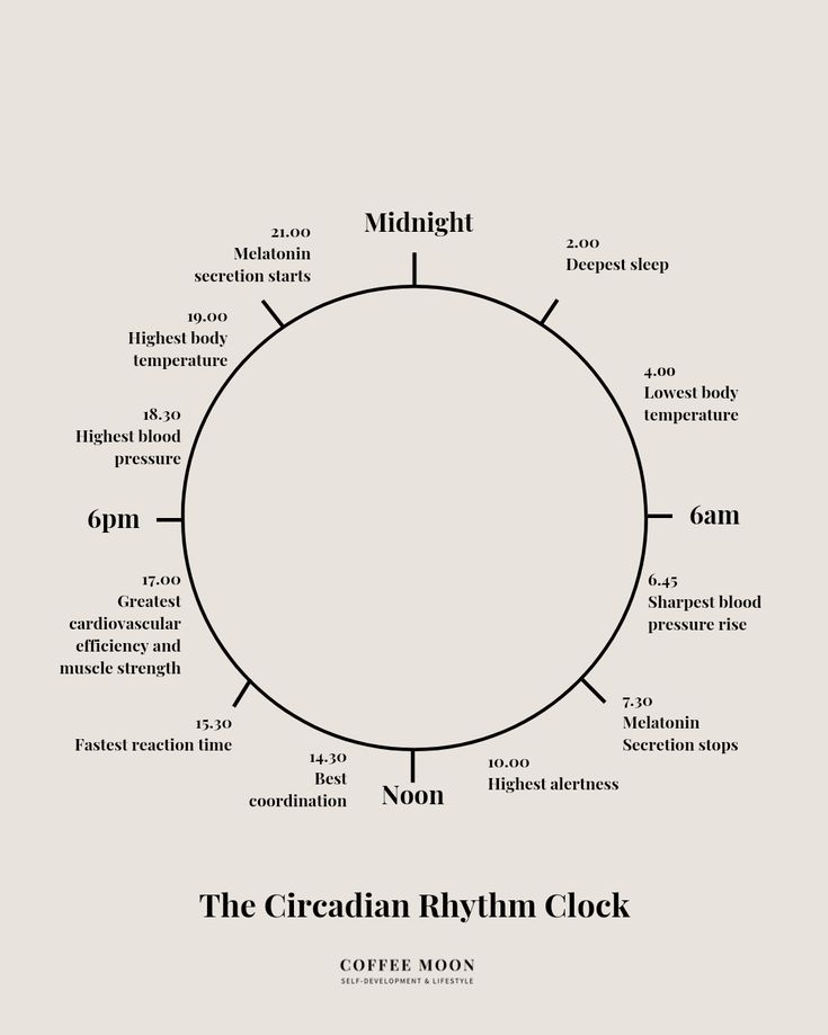In the hustle and bustle of modern life, it’s easy to overlook the importance of sleep. Yet, quality sleep is crucial for our physical health, mental well-being, and overall productivity. Healthy sleep habits, also known as sleep hygiene, play a significant role in ensuring restorative and refreshing sleep each night.
In this article, we will dive into the topic of healthy sleep habits, addressing common questions and providing practical tips for improving sleep quality.
You can also check out these interesting reads: 27 Tips to Create a Perfect Morning Routine, Beginner Yoga Routines for Stress Relief, and Beauty Tips: Advice from a Beauty Student.
What Are Healthy Sleep Habits?
Healthy sleep habits are a range of behaviors and practices that promote consistent and restful sleep. At the core of these habits is the establishment of a regular sleep routine.
This involves going to bed and waking up at the same time each day, even on weekends. By aligning our sleep schedule with our body’s natural circadian rhythms, we can optimize the quality of our sleep and wake feeling much more refreshed.
Consistency is key when it comes to healthy sleep habits. Irregular sleep patterns can disrupt our internal body clock, leading to difficulty falling asleep and waking up groggy and cranky.
By prioritizing a consistent sleep schedule, we signal to our body when it’s time to rest and when it’s time to wake, facilitating smoother transitions between wakefulness and sleep.
How Many Hours of Sleep Do I Need Each Night?
The amount of sleep needed varies depending on age, lifestyle, and individual factors. Generally, adults require seven to nine hours of sleep per night to function optimally.
However, some individuals may feel well-rested with slightly more or less sleep. It’s essential to listen to your body and adjust your sleep duration accordingly.
Factors such as stress, illness, and physical activity levels can influence our sleep needs. If you find yourself feeling fatigued despite getting adequate sleep, consider factors that may be impacting your sleep quality.
Experiment with different sleep durations to find the optimal amount of sleep that leaves you feeling refreshed and energized.
Why Is a Consistent Sleep Schedule Important?
Our bodies operate on a natural 24-hour cycle known as the circadian rhythm, which regulates our sleep-wake cycle. Disrupting this rhythm by varying our sleep schedule can lead to sleep disturbances and daytime fatigue.
By maintaining a consistent sleep schedule, we help synchronize our internal clock, promoting more restful sleep and waking periods.
Consistency in sleep schedule not only enhances sleep quality but also improves overall sleep efficiency. When our bodies become accustomed to a regular sleep routine, we experience fewer interruptions during the night, allowing for deeper and more restorative sleep.
Additionally, a consistent sleep schedule can help regulate hormones involved in sleep-wake regulation, such as melatonin and cortisol.
What Can I Do to Improve Sleep Quality?
Creating a conducive sleep environment is essential for optimizing sleep quality. Start by ensuring your bedroom is cool, dark, and quiet.
Invest in a comfortable mattress and pillows that provide adequate support for your body. Stop using your electronic devices some hourse before bed, as the blue light emitted from screens can disrupt melatonin production and interfere with sleep.
Managing stress and anxiety is another crucial aspect of improving sleep quality. Practice relaxation techniques such as deep breathing, meditation, or progressive muscle relaxation before bedtime to calm the mind and body.
Establishing a bedtime routine can also signal to your body that it’s time to wind down and prepare for sleep. Activities such as reading, taking a warm bath, or listening to soothing music can help promote relaxation and facilitate good sleep.
How Does Diet and Exercise Affect Sleep?
Diet and exercise play significant roles in regulating sleep patterns. Avoid consuming large meals, caffeine, and alcohol close to bedtime, as these substances can disrupt sleep quality and interfere with the body’s ability to fall asleep and stay asleep.
Instead, opt for light, easily digestible snacks and beverages in the evening hours.
Regular exercise can promote better sleep by reducing stress and anxiety, promoting relaxation, and regulating hormones involved in sleep-wake regulation.
Aim for at least 30 minutes of moderate-intensity exercise most days of the week, but avoid vigorous exercise close to bedtime, as it may interfere with sleep onset.
What Role Does Technology Play in Sleep Quality?
In today’s digital age, technology has become an integral part of our daily lives. However, excessive screen time, especially before bedtime, can have really bad effects on sleep quality.
The blue light emitted by electronic devices can suppress melatonin production, making it much harder to fall asleep.
To improve sleep quality, limit screen time in the hour leading up to bedtime. Instead, engage in relaxing activities such as reading a book, practicing yoga, or listening to calming music.
Consider using features such as night mode or blue light filters on your electronic devices. This helps to minimize exposure to blue light in the evening hours.
How Can I Overcome Insomnia and Other Sleep Disorders?
Insomnia, sleep apnea, restless leg syndrome, and other sleep disorders can significantly impact sleep quality and overall well-being.
If you’re experiencing persistent sleep disturbances, it’s essential to consult with a healthcare professional for proper diagnosis and treatment.
Depending on the underlying cause of your sleep disorder, treatment options may include lifestyle modifications, behavioral therapy, or medication.
In addition to seeking professional help, there are several strategies you can try to overcome insomnia and other sleep disorders.
Practice good sleep hygiene, such as maintaining a consistent sleep schedule, creating a relaxing bedtime routine, and avoiding stimulants and caffeine before bedtime.
Make your bedroom a comfortable and inviting sleep environment, free from distractions and disruptions.
What Are Some Natural Remedies for Better Sleep?
For those seeking natural alternatives to improve sleep quality, several remedies and techniques may be beneficial. Herbal supplements such as valerian root, chamomile, and lavender are believed to have calming properties that promote relaxation and sleep.
Essential oils such as lavender and bergamot can be diffused or applied topically to promote a sense of calm and relaxation.
Incorporating relaxation techniques into your bedtime routine can also help improve sleep quality. Try practicing mindfulness meditation, deep breathing exercises, or progressive muscle relaxation before bedtime to quiet the mind and prepare for sleep.
Establishing a consistent pre-sleep ritual can signal to your body that it’s time to wind down and prepare for restful sleep.
For example, my pre-sleep ritual goes like this; brush my teeth, crawl into bed, write about my day and read 5 pages of a book while sipping warm cocoa and at the start of the fourth page, I’m already dozing off. Something calm and easy to tell your body that it’s time to rest.
Prioritizing healthy sleep habits is essential for achieving restorative and refreshing sleep each night. By establishing a consistent sleep schedule, creating a conducive sleep environment, managing stress and anxiety, and adopting a balanced diet and exercise routine, you can optimize sleep quality and improve overall well-being.
Remember to listen to your body, experiment with different strategies, and seek professional help if you’re experiencing persistent sleep disturbances.
With dedication and commitment, you can enjoy the benefits of better sleep and wake up feeling refreshed and rejuvenated each morning.
Good night!
















